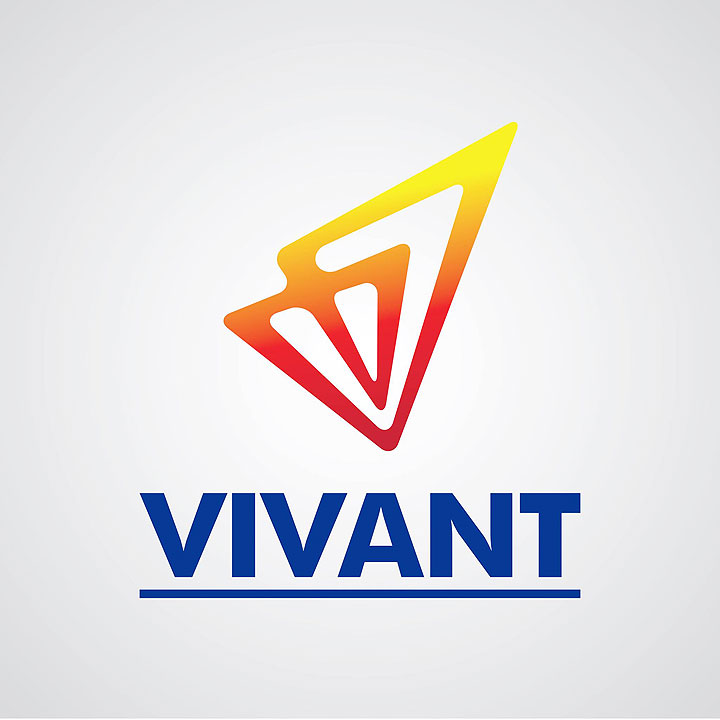Vivant to invest P25B for water, power projects
 VIVANT Corp. has earmarked P25 billion for infrastructure and power development projects starting this year until 2027 as the Cebu-based holding firm aims to diversify its businesses and expand its reach.
VIVANT Corp. has earmarked P25 billion for infrastructure and power development projects starting this year until 2027 as the Cebu-based holding firm aims to diversify its businesses and expand its reach.
“It’s P25 billion for the group. That will bring us to 2025, 2026, [and] possibly 2027,” said Vivant Chief Executive Officer Arlo A.G. Sarmiento in a media briefing after the company’s annual stockholders meeting on Thursday.
The P25 billion will be spent to build power facilities of which 196 megawatts (MW) will come from wind energy, 212 MW from solar, and 62 MW from a hybrid of solar and battery storage. Another 129 MW will come from solar rooftop installations.
As of 2021, the company had a total installed capacity of 382 MW. The capacity is targeted to reach 500 MW next year, ahead of hitting the 1,000-MW goal by 2030.
Mr. Sarmiento said the company is looking at project financing for its capital expenditure for 70-80% of the budget, with internally generated funds accounting for the rest.
“But some of these projects may not be financed the same way, depending on the kind of off-take we can get,” he said. “We may have to look at other forms of financing for these types of projects.”
Vivant’s projected capital spending for the next five years comes as the company aspires to develop more renewable energy projects.
By 2030, it targets to install a total of 1,000 megawatts (MW), of which 30% will be from renewable energy (RE) sources.
Minuel Carmela N. Franco, Vivant’s executive vice-president, said the company is still under-leveraged and plans to tap the debt market.
“Whether to fund it (capital expenditure) by a green bond… that’s one of the options that we’re looking at. Other options would be either issuance of a corporate note or a syndicated loan,” she said.
“Most of the RE will be developed solely by Vivant. There may be one or two projects that we’ll be looking at partnerships, especially the wind projects we’re looking at since these are more technically challenging,” said Vivant President Emil Andre M. Garcia in the same briefing.
“For most of our solar projects, we’re looking at something that would be 100%-owned by the company,” Mr. Garcia said.
By the end of the decade, Vivant will still be driven by its energy subsidiary, Mr. Sarmiento said, referring to the company’s electricity generation business.
“We will still be primarily a power company… or most of our revenues will be generated by power,” he said, adding that by then, the group hopes that the infrastructure business would have increased contributions.
“Personally, I would like to see a number close to about 80-20 if that’s possible, 80% power, 20% infra — primarily water — in 2030,” he said.
Vivant, through its subsidiaries and affiliates, also has interests in various companies engaged in power distribution and retail electricity supply. In 2019, it put up a water-industry arm that is intended to invest in and manage a diversified water portfolio in bulk water supply, wastewater treatment, and water distribution.
Through a subsidiary, the group is building a utility-scale seawater desalination plant in Cebu at a cost of about P1.8 billion that will deliver 20,000 cubic meters per day of treated and potable water.
“For infra, most of our initiatives right now are concentrated in water,” said Jess Anthony N. Garcia, Vivant’s senior vice-president for infrastructure.
“For water, we’d like to be present in the different segments of the industry, namely bulk water supply, water distribution, wastewater, and water engineering,” he said. “Although we don’t have a specific breakdown internally yet, most of our initiatives are concentrated on bulk water supply and what was mentioned earlier, our utility-scale desalination plant here in Cebu.”
He said the desalination plant is expected to start commercial operation in the first or second quarter of next year.
“We will see if we can replicate the same in other provinces, but is probably a few years down the road,” he added.
In a press release distributed after the stockholders meeting, Vivant said it is seeing an opportunity for growth of its retail energy business “amid growing demand for adaptable energy solutions that include rooftop solar.”
Last year, Vivant subsidiary Corenergy Inc. posted a net income after tax of P47.7 million, surging from P2.04 million in 2020.
“This remarkable increase is attributed to Corenergy’s growing customers for energy engineering services and solar solutions. We expect growth in the sector as industries adapt to the changed landscape and see the value of the adaptable energy solutions that Corenergy provides,” said the company’s president, Mr. Garcia.
Vivant reported a net income of P1.8 billion in 2021, up 23% from the previous year. It attributed the increase to the improved performance of its subsidiaries, particularly in power, due to “better generation output and increased business activities.”
The company said it expects increased demand for energy solutions, particularly rooftop solar, “as more consumers see the need to better manage their energy-related costs.” — Victor V. Saulon



